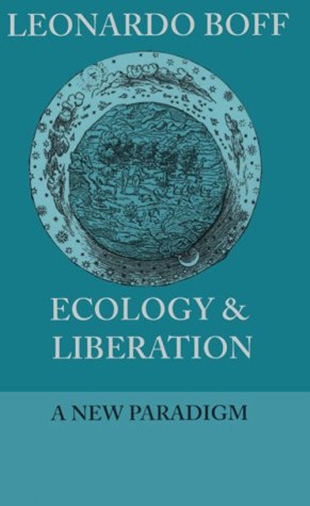"We are not the focal point of creation. We are not, as it were, its landlord, adopting the attitude of Adam, who gave all things their names and thus possessed them. We are here to serve as shepherds and custodians of other beings, and we are responsible for their integrity. We can use them, therefore, solely for our needs which, as those of human beings, always contain a measure of superabundance and gratuitousness. This is the true meaning of the biblical texts that speak of human beings as made in the image and likeness of God. As sons and daughters of God, and not as despots, we prolong the creative activity of God, cultivating nature, improving it, and multiplying it (as in the case of genetic engineering) responsibly. In this way, not only God is creator, but so also, by divine plan, are we.
"Men and women are an end and not a means. But they are not the final purpose. There is no fixed central point, since all beings can be a center. What does exist is an equilibrium between life and death and an interplay of relationships embracing all beings, since some have need of others to exist and to subsist. We all exist thanks to others, with others, and through others. Together we make up the biosphere as a great integrated and integrating whole.
"Next, we have to accept the otherness of all that exists in creation. Every form of being, animate or inanimate, has a value as such. It has its possibilities and limitations within the ecosystem itself. For human intelligence and affectivity, every being is a challenge to decipher the message of life, beauty, and rationality that it possesses in itself. All beings, especially living beings, deserve to be accepted and even respected in their otherness. No one has the right to seize and destroy what the vast process of evolution has spent thousands of years in producing. Everything that exists and lives has the right to exist and live.
"The fact that every being is formed differently from me also lays an ethical obligation on me. Only human beings can bless this otherness, live freely with it, or wickedly destroy it. This is what grounds our ethical responsibility. The environment has its rights, and there is such a thing as ecological justice. Everything has the right to continue to exist, within the ecological balance. This right produces a corresponding duty in human beings to preserve and defend the existence of every being in creation. Today we call this the dignity of the earth (dignitas terrae), seen as a whole.
"We also have to stress the reciprocity and complementarity existing between all human beings. Ecological balance supposes that beings are reciprocal among themselves and complement one another in the whole. No being — above all no human being — is sufficient unto itself. We have need of one another. The proto-primary act of human culture, according to respected biologists and anthropologists, would not have been using tools to assure individual subsistence, but rather sharing food prepared by proto-hominids in a gesture of forming a community. We are diverse in being able to exchange our goods and enter into communion with others. We are diverse in order to be able to be united.
"Finally, in the light of these reflections, it is an urgent requirement that we should understand the demands of a social ecology. Social ecology studies human historico-social systems in interaction with environmental systems. Human history is inseparable from that of our environment, and from the type of relationships that we have interwoven with it, in a dynamic interplay of mutual involvement."
